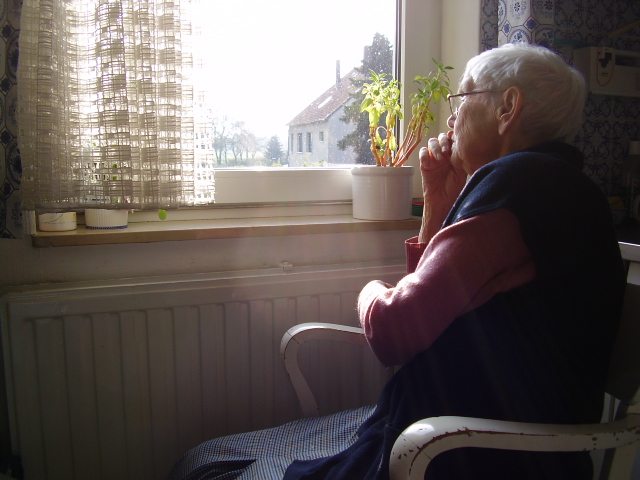In some ways, nursing home residents are similar to private tenants. Both pay fees, both sign contracts, and in certain situations, both can be evicted. However, nursing home residents and and residential renters also share another trait in common: if they are evicted without just cause, the legality of the eviction can be challenged. In this article, nursing home abuse lawyer Brent Wieand from a PA nursing home law firm will explain when nursing homes are (and aren’t) allowed to evict residents, and what you should do if you think your loved one was unfairly discharged or transferred from his or her nursing home facility.
As the relative of an elderly person who has been admitted into professional care, it’s important for you to understand that nursing home admission is neither permanent nor guaranteed. However, while admission and residency are conditional, nursing homes cannot simply evict patients on a whim, as PA nursing home lawyers can explain.
On the contrary, nursing homes can only discharge patients under a specific set of circumstances, which we will discuss shortly. Moreover, the evicting facility must follow certain discharge procedures. We will cover these procedures a little later in this article. For the time being, let’s identify when nursing home eviction is allowed.
There are four major reasons nursing homes can evict a resident:

Nursing homes cannot evict residents for the following reasons:
Every single one of the “reasons for eviction” listed above are expressly banned under Pennsylvania law. New Jersey state laws provide nursing home residents with similar legal rights. Additionally, the Federal Nursing Home Reform Act (FNHRA) gives nursing home residents even more legal protection on the national level. Crucially, the FNHRA grants residents the right to remain in a home of their choosing, as long as the resident does not jeopardize other people, stop paying for care, or experience a significant health decline.
If a nursing home does intend to evict a patient, the evicting facility must follow obey the discharge procedures observed by the state in which it is located. For example, Pennsylvania law requires that all residents must be given at least 30 days’ advance written notice of a pending discharge. This requirement also applies to residents who are being transferred to other facilities. In both Pennsylvania and New Jersey, residents have the right to appeal (challenge) an involuntary discharge. Regardless of where the resident is located, the facility must prepare a written discharge plan, which should outline both (1) the effects and considerations of the transfer, and (2) the type of care the resident will receive at his or her new facility.

To start discussing your concerns in a free and completely private case evaluation with a nursing home lawyer in Philadelphia, PA, call nursing home abuse lawyer in Philadelphia, PA Brent Wieand right away at (888) 789-3161. Our phone lines are always open.